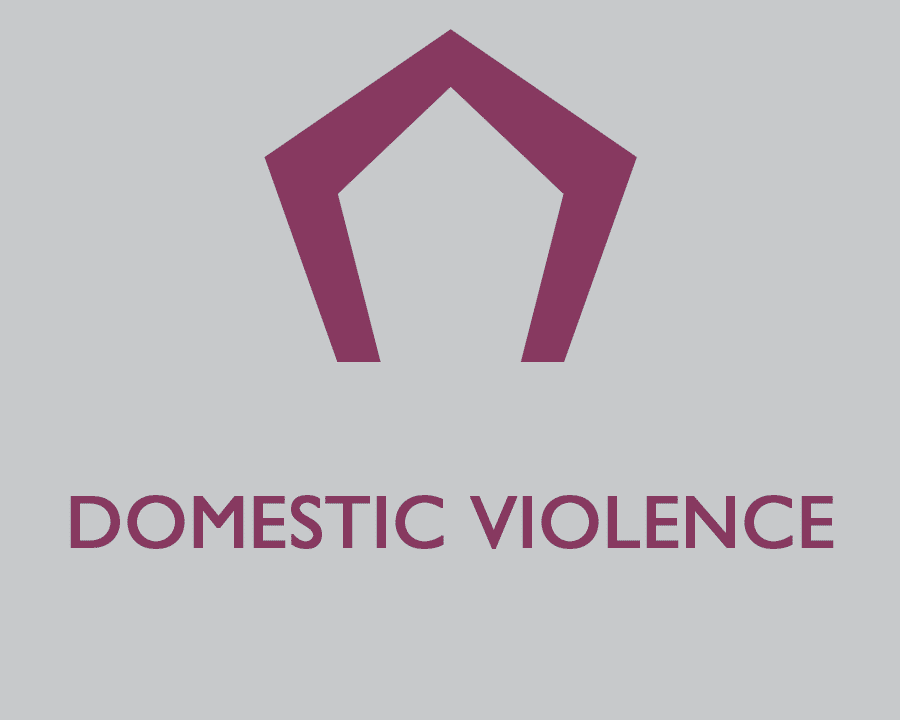(256) 284-7600
200 W Tennessee St, Florence, AL 35630
EMAIL US
If you are in immediate danger
dial 911
The Impact of Sexual Abuse
Sexual abuse can cause a variety of symptoms, both physical and emotional. It is important that parents and caregivers learn how to recognize signs of abuse and not overlook them or assume they are characteristics of the person’s disability. This can help identify when abuse is occurring, as well as help understand the impact of abuse.
Symptoms of Sexual Abuse include:
• An increase or decrease in appetite and, consequently, rapid weight loss or gain.
• Becoming angry, overwhelmed, numb, withdrawn, detached, or crying a lot.
• Nightmares, restlessness, or difficulty sleeping, or sleeping much more than usual.
• Mood swings and/or emotional outbursts.
• Suicidal thoughts or behaviors.
• Difficulty concentrating.
• Depression.
• Anxiety.
• Post-Traumatic Stress Disorder (PTSD).
Everyone reacts differently to trauma, so victims may experience some, many, or none of these symptoms, which are typical reactions to a traumatic event. There are services available to help victims heal from the effects of sexual abuse, and some of them may be found at OnePlace of the Shoals. No matter what, the victim is not to blame for the abuse – only the perpetrator is.
Sexual Abuse of People with Disabilities
We trust this information can prove educational, or serve as a guide for loved ones or those caring for people with disabilities.
Personal Rights
All people, regardless of race, gender, gender identity, religion, sexual orientation or disability have the right to:
-
Personal safety.
-
Privacy.
-
Healthy and respectful relationships.
-
Information on sexuality and to have safe and healthy sexual relationships with the person on people of their choice.
-
A life free of violence and abuse.
-
Say “no” if someone makes them feel uncomfortable, whether that person is a stranger, caregiver, family member, or anyone else.
-
Talk to someone they trust and access services from a sexual assault center if they experience sexual abuse.
-
Be free of guilt and shame for any abuse they experience – only the perpetrator is to blame.
-
Decide for themselves, without pressure from others, whether they want to report to police, obtain a sexual assault exam, or pursue charges against the perpetrator.
What is Sexual Abuse?
Sexual abuse includes any sexual activity that is forced upon someone. Men and women alike can be either perpetrators or victims of sexual abuse. Examples of sexual abuse include: no respecting privacy or physical boundaries, forcing someone to watch pornography, touching someone’s breasts, genitals or buttocks without permission, and forcing someone to engage in oral sex or intercourse.
An individual with a disability may feel pressured to submit to abuse due to fear or dependence on the abuser. No matter what, sexual abuse is never the victim’s fault. Responsibility lies solely with the person committing the abuse.
Perpetrators of sexual assault and abuse can be anyone, from strangers to acquaintances, friends, or even family members, or caregivers. Submitting to unwanted sexual contact or behavior should never be a condition of receiving care.
Factors in a Living Environment that May Contribute to Abuse
-
Lack of privacy or dignity for the residents.
-
The expectation of complete compliance as a condition of residence.
-
High client-to-staff ratio, which limits supervision and opportunities for disclosure of abuse.
-
Staff with a negative or indifferent attitude toward the residents.
-
Settings that cluster potentially sexually aggressive and vulnerable individuals together.
If Your Loved One has been Sexually Assaulted
If you know or suspect that your loved one has been sexually assaulted, there are some steps you may want to take:
• First, make sure they are in a safe place.
• As much as possible, empower your loved one to make decisions about their care and how to proceed. They have already had their power taken away by the perpetrator, so it is important to allow them to regain a sense of control.
• If they are injured, call 911, or go to the emergency room.
• You may want to call someone they trust to be with them.
• If they want forensic evidence collected with a sexual assault exam...
They should not show, bathe, douche, go to the bathroom, eat or drink anything, nor change clothes before evidence is collected. If they already have, they can still obtain an exam, though the likelihood of finding evidence my be decreased.
• If they want or need counseling, OnePlace can assist. Please, contact us.
• Remember that sexual violence is never the victim’s fault.
